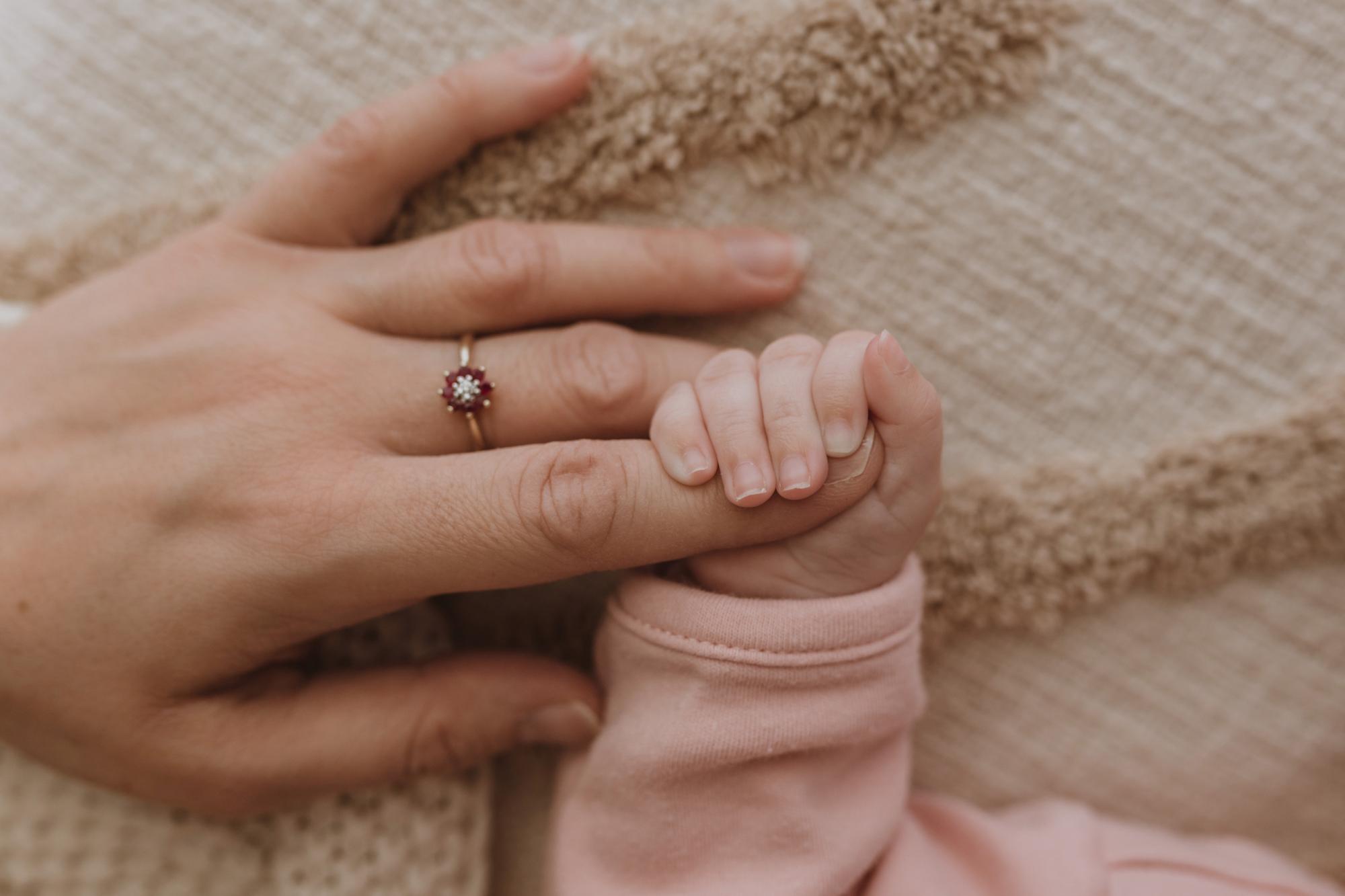Published December 05 2023
Isabel had seen the dedication is takes to be a carer from a young age.
When living independently became difficult for her grandparents, Isabel’s mother had stepped back from work and devoted her time towards helping her parents with their cooking, cleaning and overall quality of life.
The enormous commitment kept her strong-willed parents out of a nursing home and ensured they spent their later years surrounded by the love of their family.
“It added another 10 years to that point in their lives,” Isabel said. “It gave us another how many years of memories and throwing parties at their house and coming together.
“It was very, very taxing for my mum, but it also gave our family and life a bit more of a chance for us all.”
From a young age, Isabel had seen the impact that a carer can have on other people’s lives.
Years later, she too would be suddenly thrust into a caring role.
With the birth of her second daughter, Elise, life changed almost immediately. Health complications meant that her newborn needed round-the-clock care and supervision, and home soon became the hospital.
“I couldn't bear being apart with her and I just self-discharged the next morning after I had her so that I could go be with her at the (Royal) Children's Hospital. That took a huge impact on my personal health at the time, just running on adrenaline, trying to make sure she was okay. We were very much thrown into a different reality straightaway.”
For many months, taking care of their daughter’s additional needs took up to 20 hours a day for Isabel and her husband. Entire days would often be spent between the bathroom, the bedroom and the kitchen, with every little step bringing on new tasks and challenges.
From administering medicine to endless hospital visits, Isabel had to train herself to become a nurse, and her caring duties kept her from returning to work. On top of attending to Elise’s medical requirements, Isabel also had to cater to the needs of her eldest daughter, who was born only 18 months before her sister.
Even the less demanding days had to be planned from start to finish. Juggling numerous health appointments whilst ensuring the children were fed, bathed, engaged outdoors and enjoying themselves left little time for a personal life.
“When you become a carer as well as a parent, it detracts from everyone else. You can't spend as much time with your husband or your own parents or your other child; it's very all-consuming.
“There's not much room for the spontaneous. There’s just a lot of planning involved to get through our day”.
But gradually, things started to get better.
Elise excelled in therapies and her curious personality began to shine through.
She loved to learn about the world by looking out of windows or pointing at the dogs and birds she passed on the street. She adored being in the room with everyone else, whether it was getting cuddles and affection, being talked to, or looking up in admiration at her older sister.
“It's really beautiful when you see an improvement, when you see them getting stronger or be able to do a skill that they didn't do before. That’s the best part. Like yesterday, my daughter held a cup and drank from it for the first time. A few months ago, she couldn’t event tolerate liquid in her mouth.
“At the moment, she's standing, and then I think back to the hospital where initially I was told they don't know what this baby will or won't be able to do.
“Seeing her do those things, and she's so proud of it, that just feels the best.”
Small milestones, like being able to make it down to the shops as a family, marked steady progress in Elise’s development.
Isabel also gained a clearer understanding of her role as carer and began reaching out to Merri Health and other available support services in the community.
And with Elise getting stronger, Isabel was able to find more opportunities to take little breaks, allowing herself to enjoy simple pleasures such as a quiet meal or a coffee with a friend.
Despite the enormous sacrifices made by Isabel and her husband, there is an unwavering sense of responsibility to do everything they can for their family. Just like her mother, Isabel’s passion for caregiving comes from an understanding that you have an opportunity to give someone you love the best go at life.
“It's taken a lot of work to kind of get her from where she was a few months ago to where she is now. I want to keep doing that role up until she's at the point where she can just go to playgroup or kinder or whatever, without an issue.
“It's because I know I can give her the best chance at life by pouring in that time to her now and by pouring in that effort; it’s because I know her best.”

